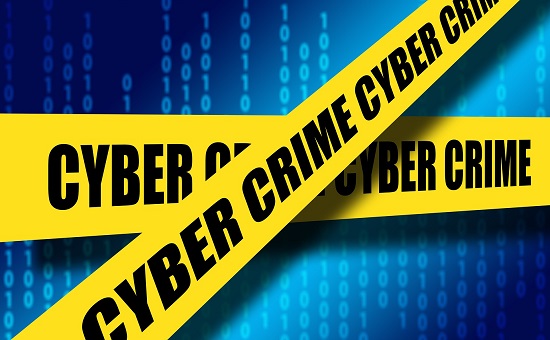According to MIT Sloan, the FBI reports that more than 4,000 ransomware attacks occur daily. Particularly large private sector companies are the hackers’ main targets. An example is Facebook that recently detected huge security breaches which took the company eleven days to stop. Cyber-security is also of high importance for critical infrastructure like energy, water, and communications as well as for financial institutions: A recent IMF study came to the conclusion that average annual losses to the financial sector from cyber attacks could amount to several hundred billion dollars a year.
Stuart Madnick, founding director of the Cybersecurity at MIT Sloan Initiative, warned in a recent article for The Wall Street Journal, that the weakest link in the defense against cyber attacks are people. “Too many companies are making it easy for the attackers to succeed,” Madnick wrote. “An analogy that I often use is this: You can get a stronger lock for your door, but if you are still leaving the key under your mat, are you really any more secure?”
MIT Sloan is therefore introducing a new Executive Education programme called Cybersecurity Leadership for Non-Technical Executives that presents a holistic approach to cyber-security, that requires the active engagement of both technical and non-technical management. The programme also wants to address the shortage of cyber-security personnel; in the U.S. alone, 1 to 2 million cyber-security analyst roles will go unfilled this year according to the university.
The first session of Cybersecurity Leadership for Non-Technical Executives will occur Nov. 6-7. The programme will be offered again in April and July of 2019.
Read more on www.news.mit.edu

